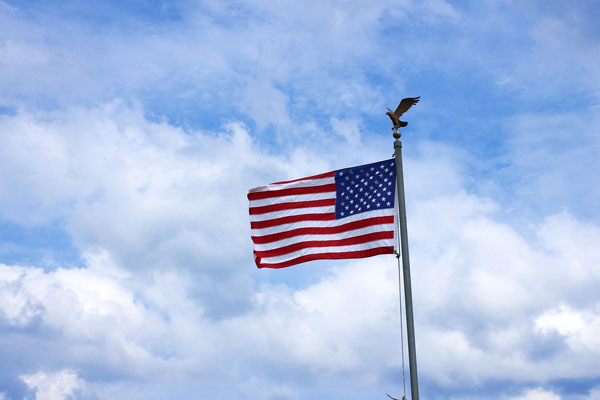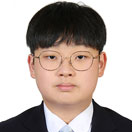Korea initiates its tariff negotiation with the United States

[Us flag, Flag, Flutter image. Photo Credit to Pixabay]
On April 24th, South Korean Finance Minister Choi Sang-mok and Industry Minister Ahn Duk-geun met with U.S. Treasury Secretary Scott Bessent and U.S. Trade Representative Jamieson Greer in Washington, D.C. to discuss further on reciprocal tariffs.
South Korea and the United States intend to craft a trade package aimed at removing new U.S. tariffs before the pause on reciprocal tariffs is lifted in July.
While neither side disclosed concrete details regarding possible areas of agreement, both indicated that the discussions were a good start and suggested the process would require more time.
Bessent remarked, “The U.S. and South Korea had a very successful meeting on. We may be moving faster than expected, and we will be talking technical terms as early as next week."
Ahn echoed this sentiment and said, "I strongly believe the start was very good, as we also agreed to hold working-level talks next week to determine the scope and structure of talks, with the goal of producing a 'July package' by July 8."
Choi announced that further negotiations with Greer will be held in South Korea from May 15 to 16, and that the discussions will focus on four principal areas: tariffs and non-tariff measures, economic security, investment cooperation, and currency policy.
It was revealed that South Korea has formally requested exemptions from reciprocal and item-specific U.S. tariffs and proposed solutions such as expansion in cooperation on shipbuilding and energy in response to Trump’s concern about trade imbalances.
South Korea’s primary concern centered on the automobile sector, which faces the greatest negative impact.
It was also suggested that the issue regarding the defence cost has also arisen as an agenda in this negotiation, as Trump has previously mentioned that sharing the cost of keeping U.S. troops in South Korea would be part of "one-stop shopping" negotiations with Seoul.
However, it was precisely stated by Korea’s Foreign Minister Cho Tae-yul that defence costs are separate matters from trade talks.
Additionally, Ahn confirmed there was also no mention of renegotiating a bilateral free trade deal signed in 2007 and revised during Trump's first term, emphasizing the ongoing deal is solely addressing tariff-related matters.
Despite favorable signals from Washington’, trade experts expect the two sides will unlikely reach a deal before South Korea's June presidential election.
Yeo Han-koo, Korea’s former Industry Minister, said there is a discrepancy in how the two sides perceive the progress in negotiations, with South Korea suggesting that it may push for the trade package close to the July deadline, while Bessent flagged "an agreement on understanding" as soon as next week.
He added, "The term 'July package' suggested that Korea would not rush to a deal. Still, it is questionable as to whether the U.S. has agreed to it."
Han Duck-soo, Korea’s acting president and the Prime Minister, has expressed willingness to secure a deal, affirming that this nation will not fight back against Washington as it owes the U.S. for its recovery from the 1950-1953 Korean War.
The focus remains on the outcomes of South Korea’s tariff negotiation, considering that the nation is leaving approximately a month before the presidential election, and the outcome may affect conservatives’ general rating.

- MinSeop (Mason) Kim / Grade 9
- St. Johnsbury Academy Jeju

![THE HERALD STUDENT REPORTERS [US]](/assets/images/logo_student_us.png)
![THE HERALD STUDENT REPORTERS [Canada]](/assets/images/logo_student_ca.png)
